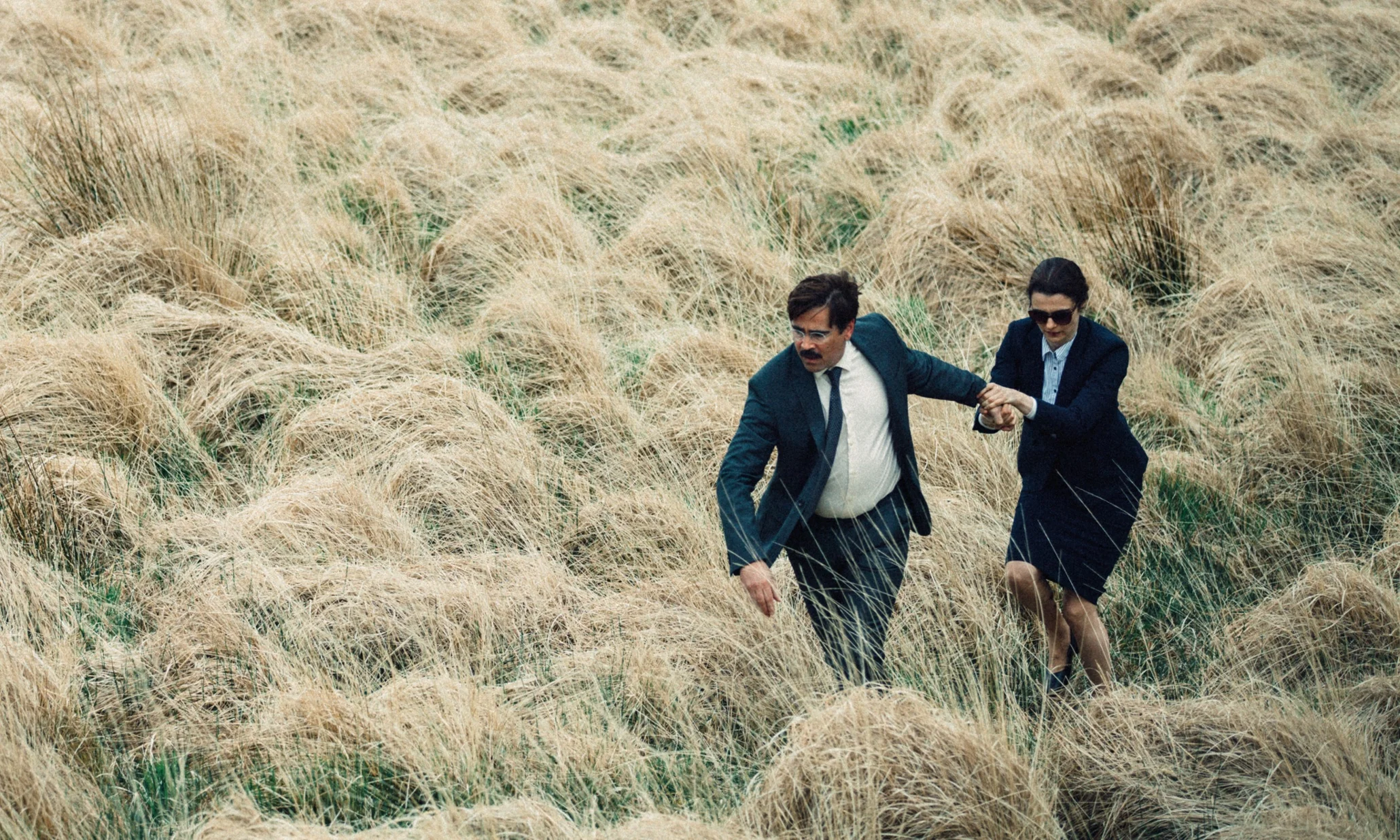Back Catalog Review: The Lobster (2015)
To say Yorgos Lanthimos has a problem with dating is probably an understatement. His surreal absurdist fable, The Lobster, paints a dystopian vision of sexual pairing in varying shades of nerve-wracking fear and despair. Lanthimos introduces his strange world with a bracing immediacy that leaves behind the less seasoned viewer, and at times seems to over-complicate its own themes. Bit by bit, though, he weaves in reality until about halfway through, obsessing over the intricacies and strange rules of his fictional world gives way to a complete investment in the fate of his characters. If you're willing to give it a shot, The Lobster's devastating observations will worm their way into your psyche and force you to contemplate the arbitrary nature of societal pairing, while also somehow leaving you with the darkest possible glint of hope.
The all-star cast takes on the bulk of the expository heavy-lifting and really makes the world easier to digest. For starters, any detractor of Colin Farrell and his easy-cool public persona should take a look at his quietly revelatory performance in this film. His character, David, oozes schlubby desperation, replete with the jiggling gut of complacency and a thoroughly unflattering mustache. Through divorce, David finds himself thrust back into the dating pool, which in this film is a fascistic hotel where you have only 45 days to pair up, or else risk being turned into an animal of your choosing. When David checks in, he picks a lobster. Most people pick dogs, as did David's brother who offers him companionship and a constant nagging reminder of his possible fate.
The other hotel "guests" each have an obvious defining flaw that has led them to their current predicament, and their character names reflect the reductive way their world views them. John C. Reilly plays the "lisping man," a hulking under-achiever who seems doomed from the moment he and David first meet. Reilly brings out a sweet innocence in a character whose vocal affectation could easily have been annoying in lesser hands. The "limping man," played by Ben Whishaw, offers an initial glimpse at the more disturbing aspects of the world as he tries to force a connection with a girl who has a perpetual nosebleed. Whisha character's sudden darkness leads the way for Angeliki Papoulia's "heartless woman" to drive the narrative to a few genuinely tense and depressing depths. By the time the wonderful Rachel Weisz's forbidden "short-sighted girl" graces the screen, the flaws in each character reveal themselves as the true point of connection between two people.
Did I mention that the film is often hilarious? Lanthimos strikes a peculiar tone that vacillates with ease between grim comedy and absurdist drama. Do not be surprised if you find yourself laughing at the saddest parts and crying at the funniest. The glue that holds everything together, and balances that wickedly slippery tone is the absolutely gorgeous cinematography by Thimios Bakatakis. Through Bakatakis' lens, the landscape dwarfs the characters, reminding them of the harsh insignificance of their natural existence. Really, though, from the sparse but extremely effective dissonant musical stings to the oddball animal wrangling, every aspect of the technical side expertly drives the complex texture of the film.
This film was a delightful oddball of a surprise. It's not an easy film, and early on, the pacing runs into a few issues. In the end, however, the best judge of a film's effectiveness is in how long it stays with you after you see it, how often you find yourself lost in thought over the implications of the film's themes. And with that, this movie succeeds without reservation. See it, and you will not be able to stop its philosophical pointed-ness from poking several lasting holes in your brain. What more could you want in a film?



